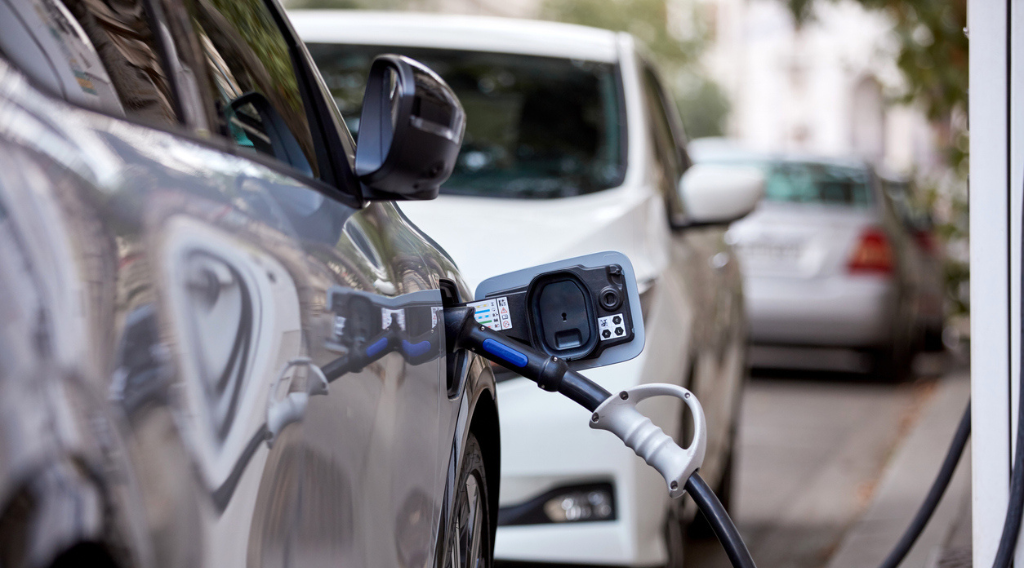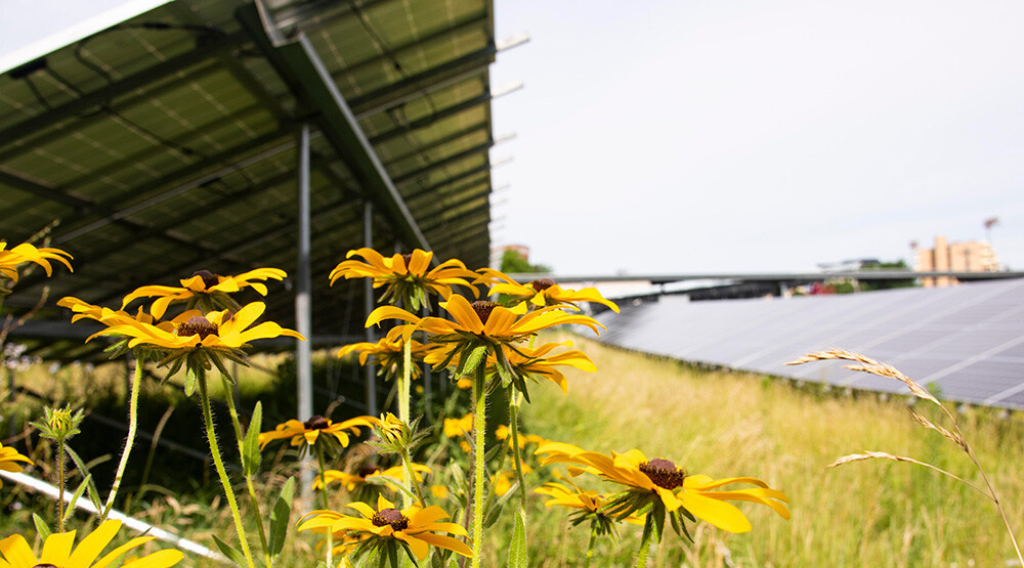
Clean Energy Resource Teams (CERTs), the Minnesota statewide partnership to support community-based clean energy projects, is now accepting applications for seed grants for 2024! Applications are due at noon on October 10, 2023, and projects will be conducted from January 2024 through January 2025. Read the request for proposal for the full criteria and eligibility.
GPI is one of four partners of CERTs, a Minnesota partnership with a shared mission to help communities identify, plan, and implement community-based clean energy projects. GPI facilitates the 11-county Metro region of CERTs.
One of the many resources CERTs offers is seed grant funding every other year. The objective of these seed grants is to support community-based clean energy projects in each Minnesota CERT region across the state. The clean energy projects can include energy efficiency and conservation, renewable energy, electric vehicle-related projects, and energy storage. We encourage projects that are highly visible in the community and can be an example for other communities.
We are especially looking for projects that do the following:
- Help people learn about clean energy and get energized.
- Build community by engaging a variety of community partners.
- Remove barriers, making clean energy more accessible for everyone.
We call these grants “seed grants” because they are small amounts of money meant to get a project started and inspire others to support the project. Projects may receive $5,000-$10,000 for labor and minor materials and supplies.
Funding for these projects is provided through the Minnesota Department of Commerce’s Division of Energy Resources and the Morgan Family Foundation.
We are happy to be offering funding to communities in this exciting moment in clean energy with unprecedented incentives to reduce energy burden, increase accessibility to solar, and convert more things to rely on electricity (referred to as electrification). These grants could be used by communities to make sure this information and resources are distributed widely, especially to historically marginalized communities.
The CERTs statewide office set the following criteria for all projects below.
Statewide criteria:
- Advance community-based clean energy projects. Clean energy can include projects related to energy efficiency and conservation, renewable energy, electric vehicle-related projects, and energy storage.
- Help people learn about clean energy and/or has high potential to be a replicable model.
- Engage a variety of community partners.
- Remove barriers or make clean energy more accessible in communities.
- Demonstrate clear goals, benchmarks, timelines, and budgets.
- Result in energy savings or offsets.
- Preference will be given to proposals that are from, led by, and/or include meaningful participation by historically underserved populations. CERTs defines underserved populations as energy-burdened communities—those who spend more than 5 percent of their income on energy costs—and/or people historically excluded from energy decisions and opportunities. This includes (but is not limited to) Black, Indigenous, people of color, multiracial, immigrant, LGBTQ+, women, low-income, disabled, and geographically-isolated communities.
These criteria are in addition to the following Metro region priorities, as set by the Metro CERT Steering Committee.
Metro region priorities:
- Engage and guide historically marginalized communities to access and maximize newly available clean energy incentive opportunities—through their utility and local, county, state, and federal governments.
- Reduce household energy burden through energy efficiency, conservation, or renewable energy, and with referrals to energy affordability programming as appropriate.
- Support actions in preparation for building electrification, through energy auditing or developing household energy upgrade plans.
If you are unsure which region you are in, you can check out the CERTs region map.
Read the full request for proposal, and apply now!
Not sure what kind of project to propose? Want some ideas? Check out stories from past seed grant projects. Application support, project brainstorming, and assistance with questions are also available if you email [email protected].


